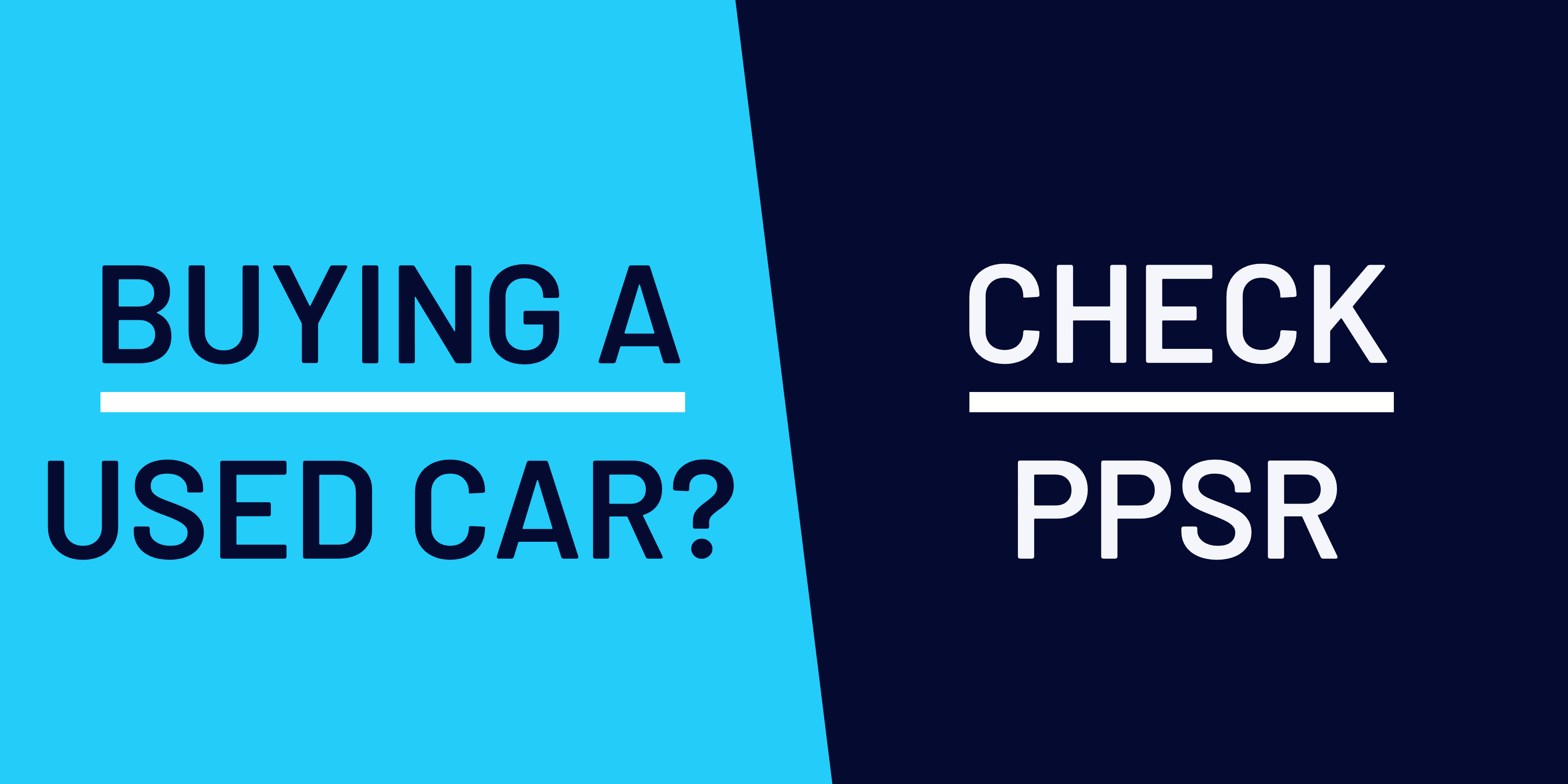Buying a used car rather than a new one directly from the manufacturer can have numerous benefits, such as a better price and value, lower insurance rates, and less value depreciation.
However, you must also be very careful when buying a used car, especially from a private seller. Used motor vehicles potentially have hidden histories - they could be stolen, have outstanding finance, have previously been written off in an accident, or have gone through multiple plate changes.
If you're looking to purchase a used vehicle, here's how to check whether it's been in an accident or has a hidden history you're unaware of.
Check over the exterior of the car for signs of an accident
It's hard to hide the physical signs that a used car has fallen victim to a crash. Carefully check the vehicle's exterior, looking out for any hard-to-spot dents, bumps, or scrapes.
Previous owners might have had work done on the vehicle to hide the signs of a crash. To get past this, look for signs of any imperfections in the paintwork or the bumper.
Take a look at the interior
You might think that the main signs of damage would appear on the car's exterior, but it's still essential to check over the interior, mainly the door sills, to check for scratches or paint issues. If you notice damage to the sills, it could be a sign that a panel beater has done work to the car.
Do a car history report
The fastest way to find out if a car has been in an accident is by doing a car history report, which will give you the full history of your vehicle. This will include potentially important information like any finance owed on the car, a stolen check, a registration check, and an odometer check.
A full vehicle report will even uncover granular details like a vehicle's odometer reading, the car's registration expiry date, or whether a car has gone through a Takata airbag recall.
A car history report uncovers the true history of a used vehicle, which is especially important given that over half of used cars have a hidden past. For all you know, your vehicle could've been in a severe crash in its lifetime.
What do you need to carry out a car history report?
To successfully file for car history reports and find out all there is to know about a used motor vehicle, you'll need either the REGO or VIN.
REGO
REGO, or 'Registration', is required in Australia to register your car to a specific region. You legally need to have a REGO number to drive a vehicle in Australia.
REGO needs to be registered to the car's current owner, so when purchasing from a private seller, you'll need to transfer the document to your name.
Vehicle identification number (VIN)
To find out a used car history, you can also use the VIN of the vehicle. This is a 17-digit number assigned to every car in Australia that identifies the car's features, specifications, model and manufacturer.
With Carify, you can use either the REGO or VIN to find out a car history.
Why are car history checks necessary?
Car history reports allow you to see the entire history of a used vehicle that could've been purposefully hidden from you. By hiding important information, your car could need further repairs later down the line, costing you money and time.
More importantly, an unsafe car could harm both the driver and passengers, making it fundamental to understand a car's history before making a purchase.
Check the personal property securities register (PPSR)
If you're buying from an individual rather than a registered car dealer, you'll want to consult the PPSR before purchasing, as this uncovers the financial history of the vehicle.
What is the PPSR?
The personal property securities register is an official Australian government register that details the security interests in personal property (i.e. cars), which the general public can access.
In other words, the PPSR will allow you to see the financial history of a vehicle. For example, you'll be able to see if there's still an existing loan taken out on the car.
How do I do a PPSR search?
At Carify, we do full PPSR checks on any vehicle; all we need is the REGO or VIN. After entering this, we’ll fill you in on the full history of your car and whether it has ever been written-off, stolen or encumbered.
You can also consult the PPSR website and provide either the VIN or Chassis number. After paying a $2 fee, you'll be able to see the full finance check on the car.
Should I do a PPSR search or a car history check?
A PPSR search will tell you only the basic background information of a vehicle, for example, any existing finance owed, weather damage, and whether the car has a written-off status or stolen status.
In comparison, a full car history report will give you more detailed information, like its recall status, an odometer check, registration status, and a visual damage report. At Carify, our car history checks also come with an official PPSR certificate from the Australian government.
We recommend carrying out a car history check to check a vehicle's full reported history rather than a basic evaluation.
Choose Carify for Australia's best-trusted car history report
If you're in the market for a used vehicle but want to avoid being blindsided by a lengthy history, look no further than a Carify history report. We give potential buyers the entire picture, covering everything from finance checks to recall status.
Join thousands of other Australians by using the best-trusted car check service to give you peace of mind.
In this article, we've explored the best ways to tell whether a vehicle has been in an accident. For more information on purchasing a used car, check out our article '12 Negotiation Tips For Buying A Used Car'.





